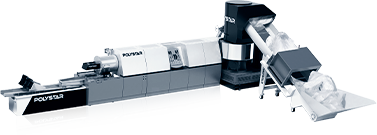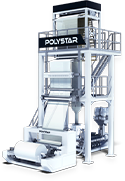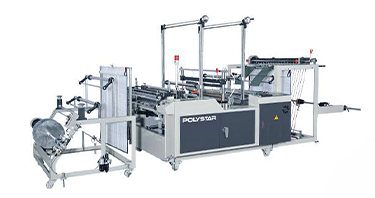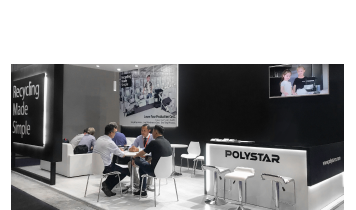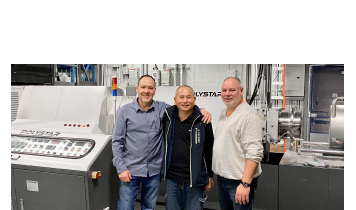We use cookies and other tracking technologies to improve your browsing experience on our website, By clicking "Accept All," you agree to allow cookies to be placed to enhance your browsing experience on this website to show you personalized content and targeted ads, to analyze our website traffic, and to understand where our visitors are coming from. You can manage your cookie settings below. Clicking "Confirm" indicates your agreement to adopt the current settings.
Is CPP Film Recyclable?
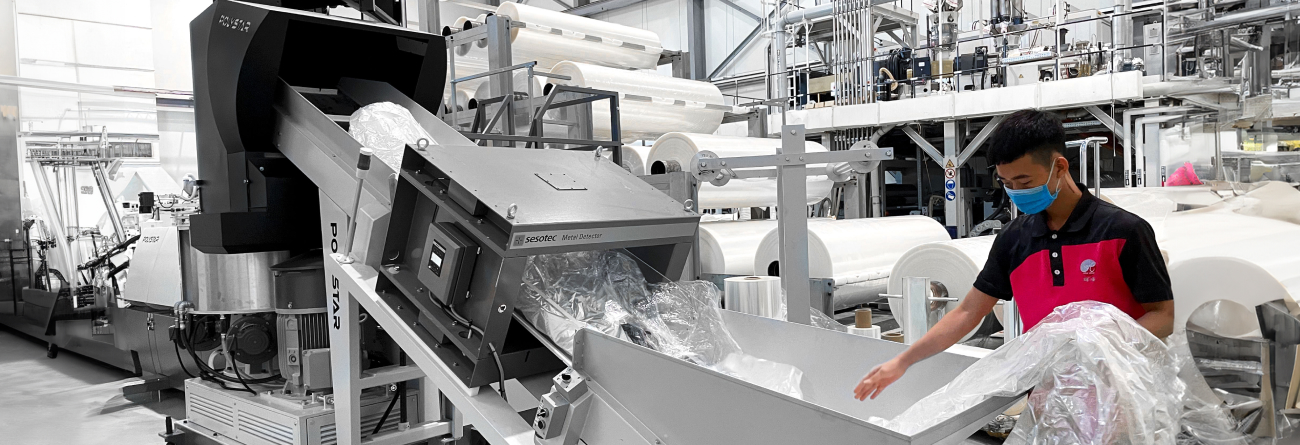
What is CPP film?
Cast polypropylene, also known as CPP, is well known for its versatility. CPP is gaining popularity as a more appealing packaging material than polyethylene in many areas because it has higher clarity and better heat resistance.
The qualities of the CPP film can be customized to fit specific packaging, performance, and processing needs. CPP has stronger tear and impact resistance, cold temperature performance, and heat-sealing qualities than other plastics. CPP films can also be printed with flexographic or rotogravure methods.
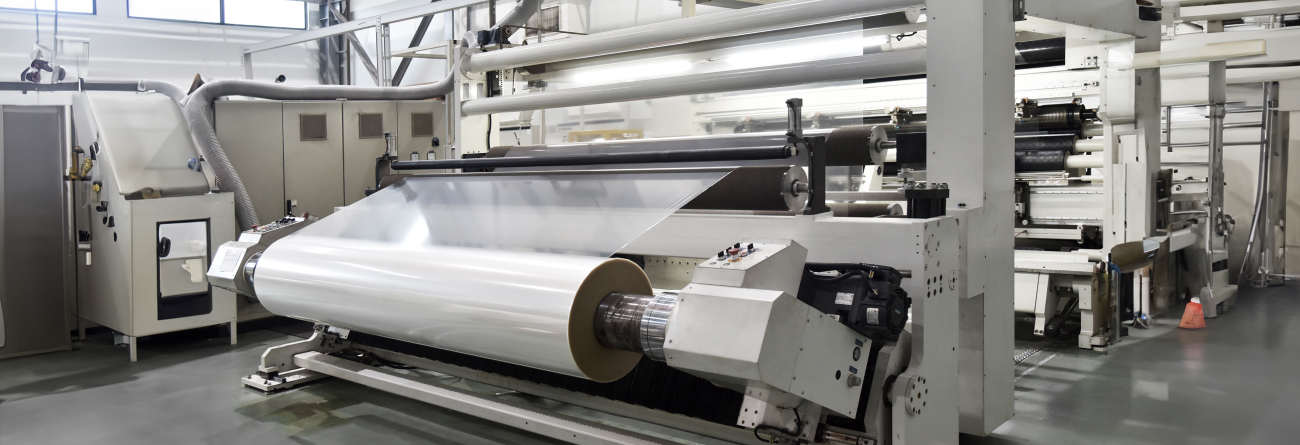
Is CPP film recyclable?
The answer is yes, CPP film is fully recyclable in all forms and does not emit any toxic or harmful byproducts when reprocessed. However, it is frequently not recycled, which is a major concern given the volume produced and used. During the production of CPP films, some trim waste is generated.
CPP film producers have been led to believe that the default end of life for CPP film is general waste. Therefore, the producers will throw the trim waste away, only a little of the producers are recycling their own factory waste. However, defects and trim waste of CPP film could be recycled and provide businesses with a rebate.
Successful case
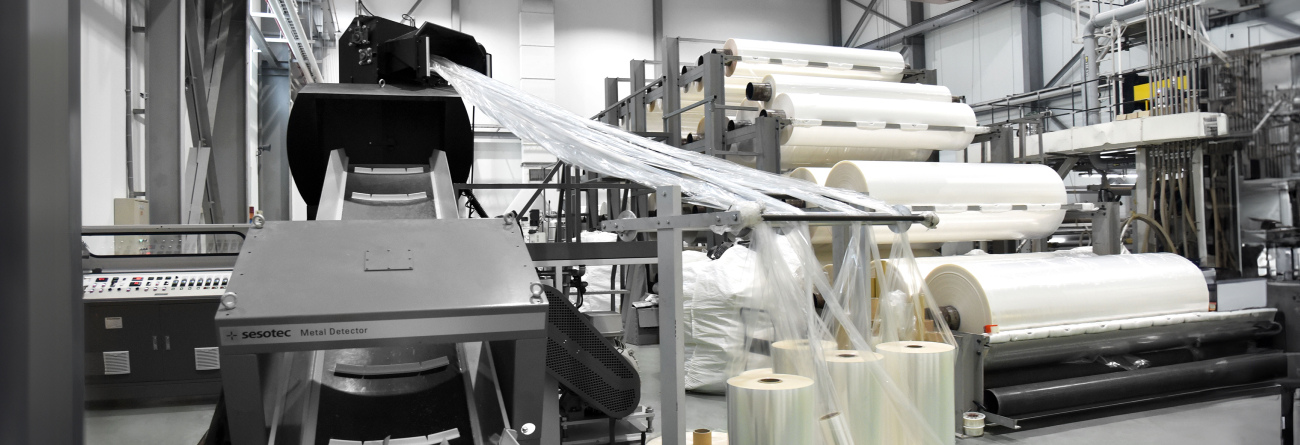
(CPP Film Producer_Huei Hong Industrial)
One of the leading CPP film producers in Taiwan has installed a Repro-Flex recycling machine in their CPP film manufacturing facility. With this new recycling machine, the production line forms a complete cycle, generating almost zero waste.
The owner Mr. Lin explained how POLYSTAR’s recycling machine helps his business.
Mr. Lin said.
Conclusion
Cast Polypropylene (CPP) is a polymer that has a significant advantage over other plastic materials due to its lower specific gravity and technological advancements that have made processing much more cost-effective. As a result, an increasing number of customers are opting for CPP-based packaging for food and non-food products. To remain competitive in this expanding market, producers must do everything possible to save money throughout the manufacturing process. The simplest way to reduce cost is by adding a recycling machine to the production line.
About the Author
Derek Shiao
Derek Shiao is a business development manager at POLYSTAR. He keeps up with the latest trend in the plastic industry and creates content based on his experience offering various solutions to customers.




